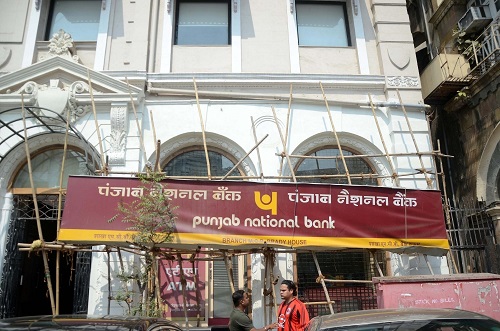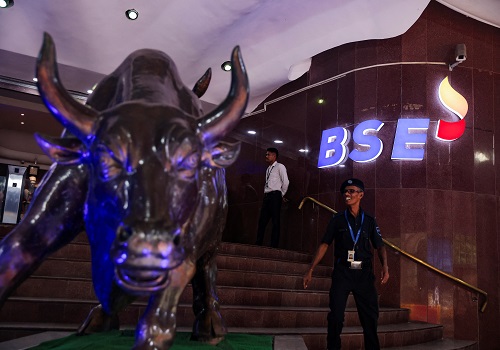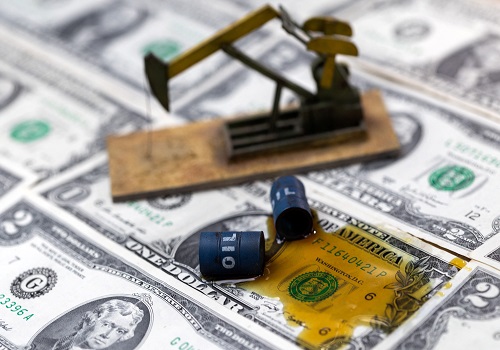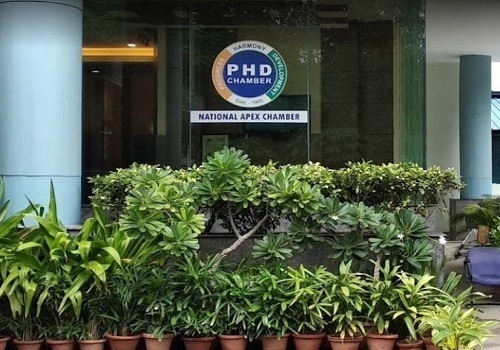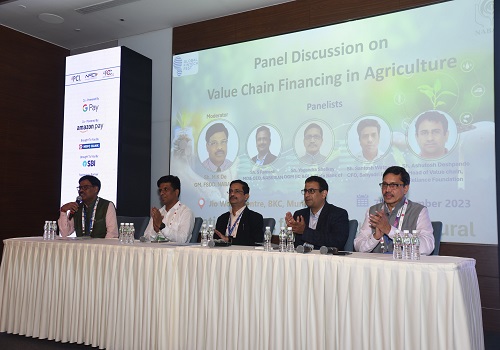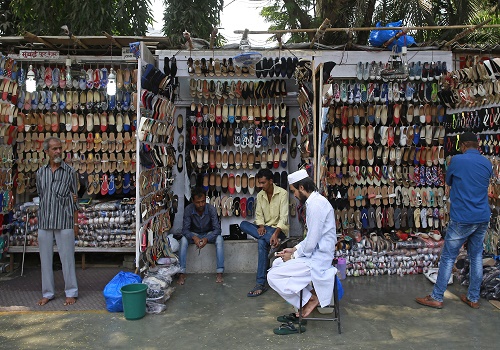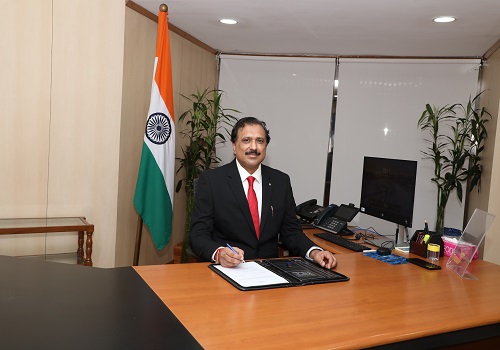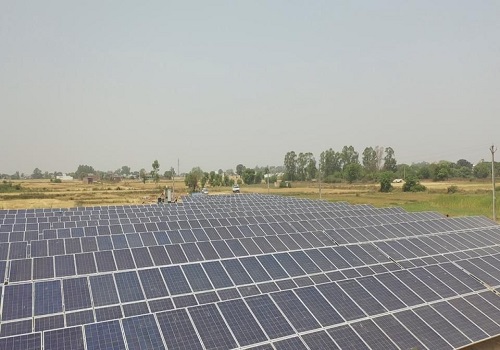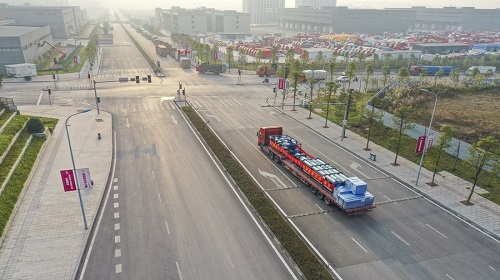Tamil Nadu industries hit by scarcity of sulphuric acid
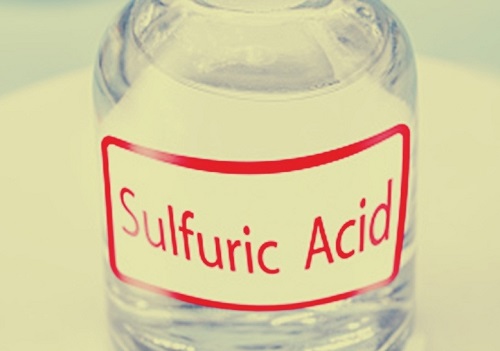
Follow us Now on Telegram ! Get daily 10 - 12 important updates on Business, Finance and Investment. Join our Telegram Channel
Sulphuric acid, one of the main materials used across key industries in Tamil Nadu has gradually seen a major dip in its supply in the State over the past few years, causing an adverse impact across downstream industries such as fertilizers, chemical, pharmaceutical, detergent, paper and pulp manufacturers.
This shortage of supply primarily due to the closure of Sterlite Copper factory in the state has forced many industries either to shut down, cut production, or look at other costlier alternatives to survive in Tamil Nadu.
Before the Sterlite Copper closure, sulphuric acid, a by product of copper manufacturing was being supplied by the Thoothukudi unit to a major chunk of the Tamil Nadu market. Sterlite Copper before its closure was producing 1 million ton per annum and contributing 8.3 per cent of the country's total sulphuric acid production before its closure. It was also catering to the needs of 27 sulphuric acid customers as the largest supplier in southern India, with 95% market share in Tamil Nadu.
"This lack of supply to Tamil Nadu has also increased the cost of sulphuric acid phenomenally, from Rs 6 to Rs 7 per kg to Rs 20 to Rs 30 per kg, because downstream industries are forced to import their requirements from different countries," says N.S. Venkatraman, former secretary of the Chemical Industries Association (CIA), and an independent consultant.
Moreover, despite the presence of three other sulphuric acid producing plants in the state, Green Star Fertilizers Limited, Coromandel and Andra Sugar--downstream industries were forced to continue to import because most of the produce from these three plants are used for captive consumption.
The rising import of sulphuric acid and the steady increase in its prices over the years only corroborates Venkataraman's statement.
Imports of sulphuric acid have been rising steadily from 9.46 lakh metric tonnes in 2017-18 to 19.21 lakh metric tonnes in 2021-22, an increase of nearly 51 per cent.
The cost per metric tonne too has shot up from Rs 11,000 in April 2018 to Rs 16,400 in April 2022, again a hike of 33 per cent. And, the country's dependency on countries like South Korea, Japan, China is only likely to grow in the coming years as rising demand will outstrip supplies putting additional pressure on the government's exchequer.
"The problem for Indian downstream industries is further compounded by the fact that there is no viable alternative to sulphuric acid and hence many of these industries are now forced to contemplate investments into sulphur burning plants for their raw material requirement. The supply side constraints will get further accentuated as the demand increases from the existing and newer industries.
"Sulphuric acid demand is forecasted to grow by 6 per cent to 7 per cent annually," contends Venkatraman.
Tamil Nadu-based Amrita Chemicals, once the country's top exporter, manufacturer and supplier of sodium silica fluoride chemicals, potassium silica fluoride chemicals, with markets spread across the world, including the US, European Union, Japan, South Korea and Latin America, will be forced to close its operations on May 31.
The reason purely being its inability to procure sulphuric acid and other raw materials at reasonable costs in Tamil Nadu. To keep its operations going, the company even tried to acquire the necessary raw materials from Odisha-based Paradeep Phosphates, but to no avail.
"Getting the necessary raw materials from Paradeep Phosphates proved to be an unviable proposition and hence we are forced to close our operations. Given the high cost of diesel and 3,600 km of up and down journey from Odisha and other associated costs, running the operation was turning out to be a loss-making exercise. The closure of the Sterlite copper plant destroyed my whole market and I am unable even to fulfil my existing orders. We have to pay heavy penalties for non-delivery and outsource some of the work to his competitors to meet our existing orders, at very high costs," says Gopal, MD, Amrita Chemicals.












 320-x-100_uti_gold.jpg" alt="Advertisement">
320-x-100_uti_gold.jpg" alt="Advertisement">


